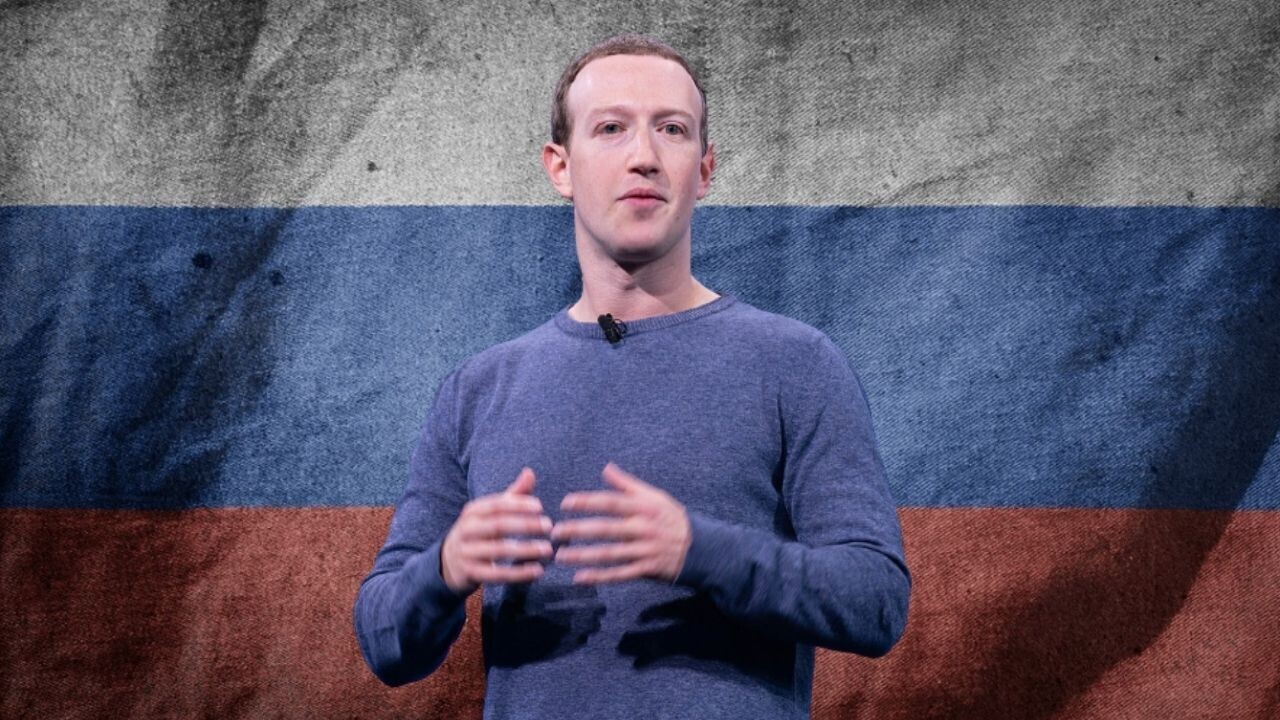
“Orwellian” references are invoked to the point of cliche, but big tech sure makes them hard to resist.
The latest temptress is Mark Zuckerberg’s Meta. In a move redolent of 1984’s Two Minutes Hate, the company has temporarily permitted calls for violence and deaths.
The social media behemoth has provisionally permitted hate speech in certain Facebook and Instagram posts. There’s no need to worry, however: the malice can only target Meta-approved baddies.
Violent speech will now be permitted when targeting Russian soldiers and Russians in the context of the Ukraine invasion, according to internal emails seen by Reuters.
Meta is also now allowing posts that call for death to Russian President Vladimir Putin or his Belarusian counterpart Alexander Lukashenko.
The provisional policy change applies to Ukraine, Russia, Poland, Latvia, Lithuania, Estonia, Slovakia, Hungary, and Romania.
“These are temporary measures designed to preserve voice and expression for people who are facing invasion,” Meta said in a statement.
“As always, we are prohibiting calls for violence against Russians outside of the narrow context of the current invasion.”
This new acceptance of hatred has been accompanied by a more affectionate exemption.
According to internal policy materials obtained by The Intercept, Meta will now permit praise of the Azov Battalion, a Ukrainian neo-Nazi military unit.
These dispensations arrive in horrific circumstances. Violent speech is a natural reaction to a brutal invasion, and the voices of victims should not be silenced. However, Meta’s exemption has opened up a huge can of worms.
Responding to reports that the Russian government is considering designating Meta as an extremist organization for its policies in support of speech: pic.twitter.com/Y8sUbZDSML
— Nick Clegg (@nickclegg) March 11, 2022
The moves have added to suspicions that Meta makes up the rules as it goes along and follows the foreign policy objectives of the US government.
The company maintains a secret blacklist of “Dangerous Individuals and Organizations” that critics say punishes certain communities.
A reproduction of the material published by The Intercept last October revealed that nearly everyone on the list is considered a foe or threat by the US or its allies.
Accepting calls for violence against Russians is also a risky move for a company that’s been blamed for inciting genocide.
Inevitably, the temporary exemptions have sparked fury in Russia.
In response, Russian regulators have restricted access to Instagram, while prosecutors in the country want to designate Meta as an “extremist organization.”
Russia had previously blocked access to Facebook in retaliation for restrictions on state-owned media.
These reactions have heightened concerns that Russia is slipping into a different version of the internet.
A conflict that imperils the borders of nations now also threatens to Balkanize the web.
Get the TNW newsletter
Get the most important tech news in your inbox each week.





